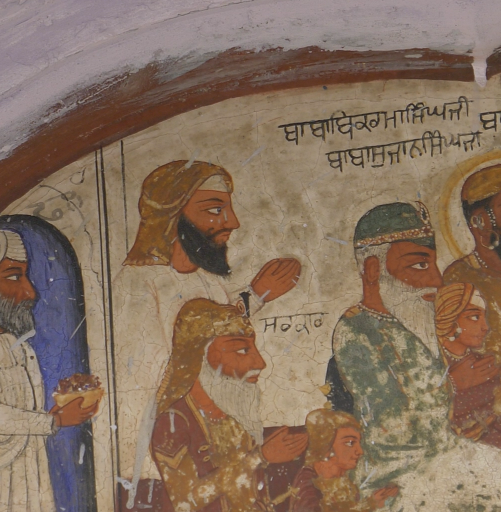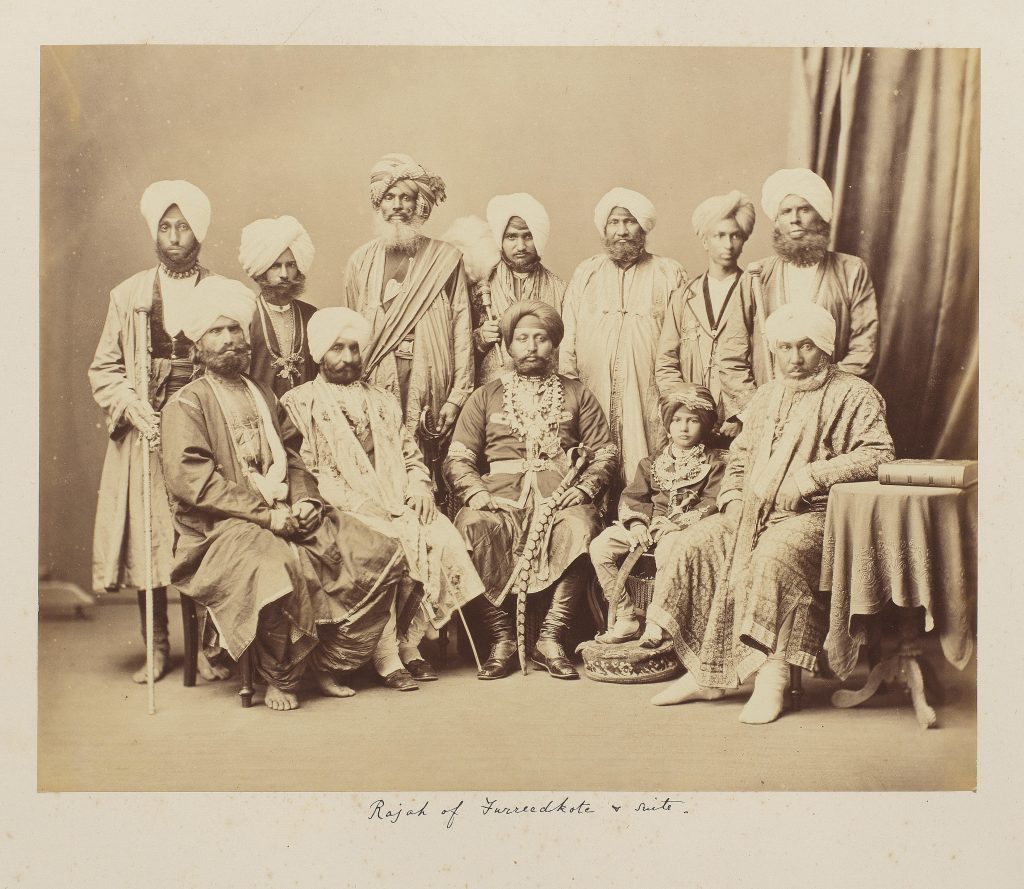Discover the impactful reign of Raja Balbir Singh, marked by architecture, agriculture, and literary contributions in Faridkot. Succession & legacy explored.
BIKRAM SINGH BEDI, BABA (d. 1863), was the third and youngest son of Sahib Singh Bedi of Una, a lineal descendant of Guru Nanak. On Sahib Singh`s death in 1834, Bikram Singh suceeded to his father`s jagirs and position as preceptor to royal family of Lahore. After the deaths of Maharaja Kharak Singh and Prince Nau Nihal Singh, Baba Bikram Singh tried to bring about a reconciliation between Maharaja Sher Singh and his collateral Sandhanvalia sardars. Baba Bikram Singh felt irked when British troops were stationed at Lahore after the AngloSikh war of 1845-46.
BIKRAM SINGH, RAJA (1842-1898). born in January 1842, succeeded his father, Wazir Singh, to the throne of Faridkot state in 1874. A dominant figure in Faridkot history, Raja Bikram Singh modernized the state administration. He employed retired British officials of experience and in 1875 set up offices and courts on the British model and adopted British law. Schools and charitable hospitals were opened and dharamsalas and rest houses for travellers constructed. Sadavarats or free kitchens were established at Faridkot, Thanesar and Amritsar. Sanskrit pathshalas, or schools were started where free food was served to the students.
Discover Raja Wazir Singh, a devout Sikh leader who reformed Faridkot's land revenue system, supported the British in 1857, and earned the title Brar Bans Raja.




